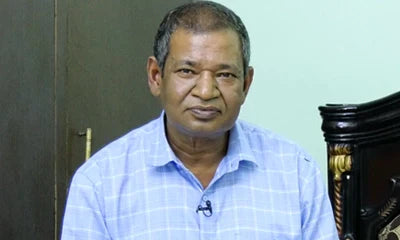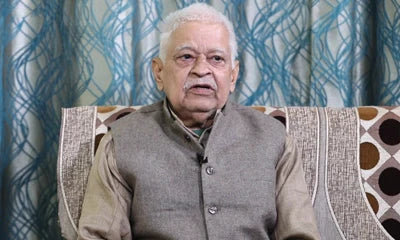Hypertension Explained: Causes, Warning Signs, and Prevention Tips

Quick Facts
Hypertension, commonly known as high blood pressure, is often referred to as the "silent killer" because it usually shows no symptoms until significant damage is done. It is one of the leading causes of heart disease, stroke, and kidney problems worldwide.
Did you know?
- An estimated 1.28 billion adults globally suffer from hypertension.
- Lifestyle changes can prevent nearly 50% of hypertension cases.
Understanding its causes and adopting preventive measures can significantly lower your risk.

What Causes Hypertension?
Several factors can contribute to high blood pressure, including:
- Unhealthy Diet: High salt intake, low potassium levels, and processed foods.
- Physical Inactivity: A sedentary lifestyle contributes to weight gain and higher blood pressure.
- Stress: Chronic stress can temporarily spike blood pressure levels, leading to long-term effects.
- Family History: Genetics can play a role in predisposing someone to hypertension.
- Underlying Conditions: Diseases like diabetes or kidney disorders can lead to secondary hypertension.

Symptoms of Hypertension
Most people with high blood pressure do not exhibit symptoms, but in severe cases, they may experience:
- Severe headaches
- Shortness of breath
- Chest pain
- Dizziness or vision problems
- Nosebleeds

How to Prevent Hypertension
Follow a Heart-Healthy Diet
Eating a balanced diet is key to controlling blood pressure. The DASH diet (Dietary Approaches to Stop Hypertension) focuses on reducing sodium and increasing potassium, magnesium, and calcium intake.
Include:
- Fresh fruits and vegetables
- Whole grains and nuts
- Low-fat dairy products
- Lean proteins like fish and chicken
Avoid:
- Processed and salty foods
- Excessive sugar and saturated fats

How to Manage Stress Effectively
2. Maintain a Healthy Weight
Being overweight increases the strain on your heart, raising blood pressure. Losing even a small amount of weight can help reduce the risk.
3. Exercise Regularly
Physical activity strengthens your heart, helping it pump blood more efficiently. Aim for 30 minutes of moderate exercise (like brisk walking or cycling) most days of the week.
4. Manage Stress
Chronic stress contributes to elevated blood pressure. Practice stress-relief techniques such as:
- Yoga and meditation
- Deep breathing exercises
- Spending time in nature or pursuing hobbies
5. Limit Alcohol and Quit Smoking
Excessive alcohol consumption and smoking can lead to blood vessel damage, making hypertension worse. Cut back on alcohol and avoid smoking to improve your overall cardiovascular health.
6. Monitor Blood Pressure Regularly
Frequent monitoring can help you catch hypertension early. Use a home blood pressure monitor or visit a healthcare professional regularly.
A Piece of Advice
Hypertension is manageable and preventable with lifestyle modifications and, if needed, medication prescribed by your doctor. Make small, sustainable changes today to safeguard your heart health for the future.
For personalized guidance, consult your healthcare provider and follow a routine check-up schedule.



